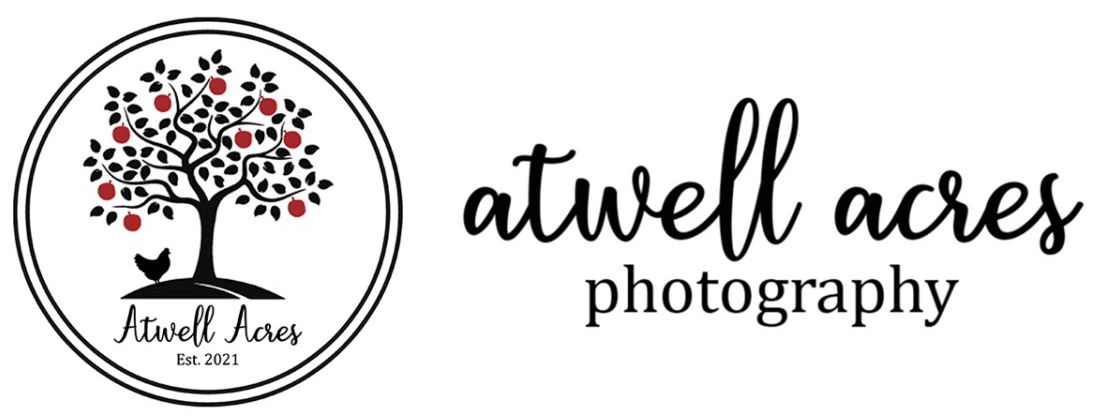How to Play with Baby | Month One
How to play with your baby, 5 months old
Did you know that newborns get bored? It may seem like all they do is eat, sleep, and well….poop, but that tiny-yet-powerful brain of theirs if firing on all cylinders – developing even as they sleep! Your little one, although immobile, is taking in the world like a sponge. Believe it or not, those first few weeks after birth are the perfect time to start playing with your newborn. Every interaction and minute of play is an opportunity to help your baby grow and develo p. [1]
But don’t fret too much! You are probably instinctively providing just what your baby needs. By age three, your child’s brain has reached 80% of its total volume and has almost “all of the neurons it will ever have” [2] – which is a little ironic considering it takes until about age 20 to develop the other 20% [3]. (So maybe there is a reason toddlers and teenagers behave similarly…)
To better understand how rapidly they develop during those first years: a three-year-old can correctly use as many as 1,000 words. If you’ve tried to pick up a second language as an adult, you know that’s some pretty impressive language acquisition!
Your baby’s brain is naturally wired to learn at an expedited pace during those first 36 months, and there are some fun ways for you to encourage that development and bond with your child. Even better news: you don’t have to brave BuyBuy Baby to get started!
5 Fun & Development-Enhancing Ways to Play with your Baby | Month One: The Senses
1. Touch – Your baby is figuring out her senses in the first month and learning the difference between positive and negative touch. She is also learning to differentiate between her body and external objects. This gentle touch activity will help both of you relax and bond while reinforcing secure attachments for your baby. She will learn about her body and recognize that her leg is different from her arm. Touch is your baby’s first languag e! [4]
Activity : Gently rub your baby’s fingers, then move up and rub one arm, then the other, then both. Do that with her feet and legs as well. Then switch to her back and belly. If she isn’t too fussy and you can tell she enjoys touch, gently stroke her ears or cheeks. Name off each body part as you do it. This one is simple, yet extraordinarily beneficial activity for your newborn.
2. Sight – Your little one is learning to focus. The womb was pretty dark, so this is quite an adjustment for your newborn. In the first month, he is nearsighted and can focus close-up (8-12 inches), but faraway objects are still blurry.
Activity : To help your baby focus, grab a few pieces of paper and a black marker, and color large, bold shapes and designs. The high contrast between black and white will encourage your baby to focus and even increase neck support as he begins to turn his head and hold it up to look at the photos. We LOVE these flashcard activity idea s by Brainsmith.
3. Hearing – Compared to the womb, the outside world may actually seem a little quiet, especially since you’re spending most of the first few weeks in your cozy home. No loud heartbeat, interesting digestive noises, and mother’s amplified voice to listen to out here! In contrast, everything is much clearer in the outside world without the constant background noise – your brand-new baby will probably startle easily at sudden loud noises during the first month.
Activity : There are lots of activities you can do to enhance your baby’s hearing and listening ability.
· Do you play an instrument? Strum a melody and hum a soothing tune for your baby.
· Use rhyming songs for language development.
· Start reading books (especially with high-contrast images).
· Let your newborn listen in on a family conversation – she’ll be chiming in before you know it!
· Take your little one on a walk and pause to listen to the birds. Listen to kids playing at the park. Listen to the gravel crunch under the stroller.
It may seem like you’re talking to yourself, but your one-month-old is getting much more out of this than you might think. Simply “conversing” with her is a vital activity!
4. Smell – This often-overlooked sense is one of the most developmentally important for your newborn. Your baby could smell even in the womb, and your comforting scent releases oxytocin that comforts him, makes him feel safe, and helps you bond. Your little one already has an excellent sniffer, so go easy with this – stay away from strong perfumes and strong fragrances as well as bad odor s. [5] Stick to soft, soothing scents.
Activity : Let your baby smell aromatic herbs (from a distance), like a piece of lavender or rosemary, basil, mint, lemongrass, or patchouli. When you eat, let your baby get a whiff of your banana or orange. He will love taking in new scents!
*Be careful not to let your baby put these in his mouth or rub it on his skin. These are all relatively safe herbs but could present choking hazards or may be too harsh on their sensitive skin.
5. Taste – Although your baby’s taste is developing, and his tongue is already covered in taste buds, he should not be tasting any food other than breastmilk or formula at this point. So, this one isn’t so much of an activity as it is a long-term taste test.
Activity : If you are nursing, what you eat changes the taste of the breastmilk. By eating a wide array of fruits and veggies – maybe even some interesting spices – your baby may possibly have a broad palate as well! (Or, he may be like every other toddler who eats chicken nuggets and cheese sticks, but it’s worth a shot, right!?) Every child must develop his or her own taste preferences, so just because you ate spinach like it was going out of style while nursing, your child still may refuse it lat er. [5] [6] [7]
If your little one is on formula, the herb smelling activity and letting your baby smell your food will actually stimulate her taste as well since those two senses go hand-in-hand (if you have older kids as well, you can demonstrate this connection through a fun science experiment).
If you’ll notice, none of these activities require a trip to the store or even much energy (a thing all new parents are short on during the first few months!). These activities are relaxing and enjoyable for you both, a way to sooth your little one, keep the tears at bay, and reinforce all of the learning going on inside that precious brain.
However, if you are looking for a few simple toys to add to your toolbox, soft toys (some that crinkle or jingle), baby rattles, mirrors, and simple floor/tummy time gyms are just about all you’ll need!
Stay tuned for ways to play with your Two-Month-Old !
Sources:





